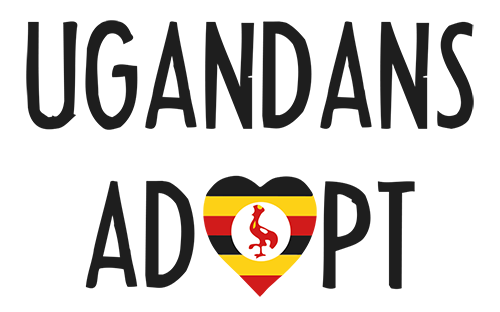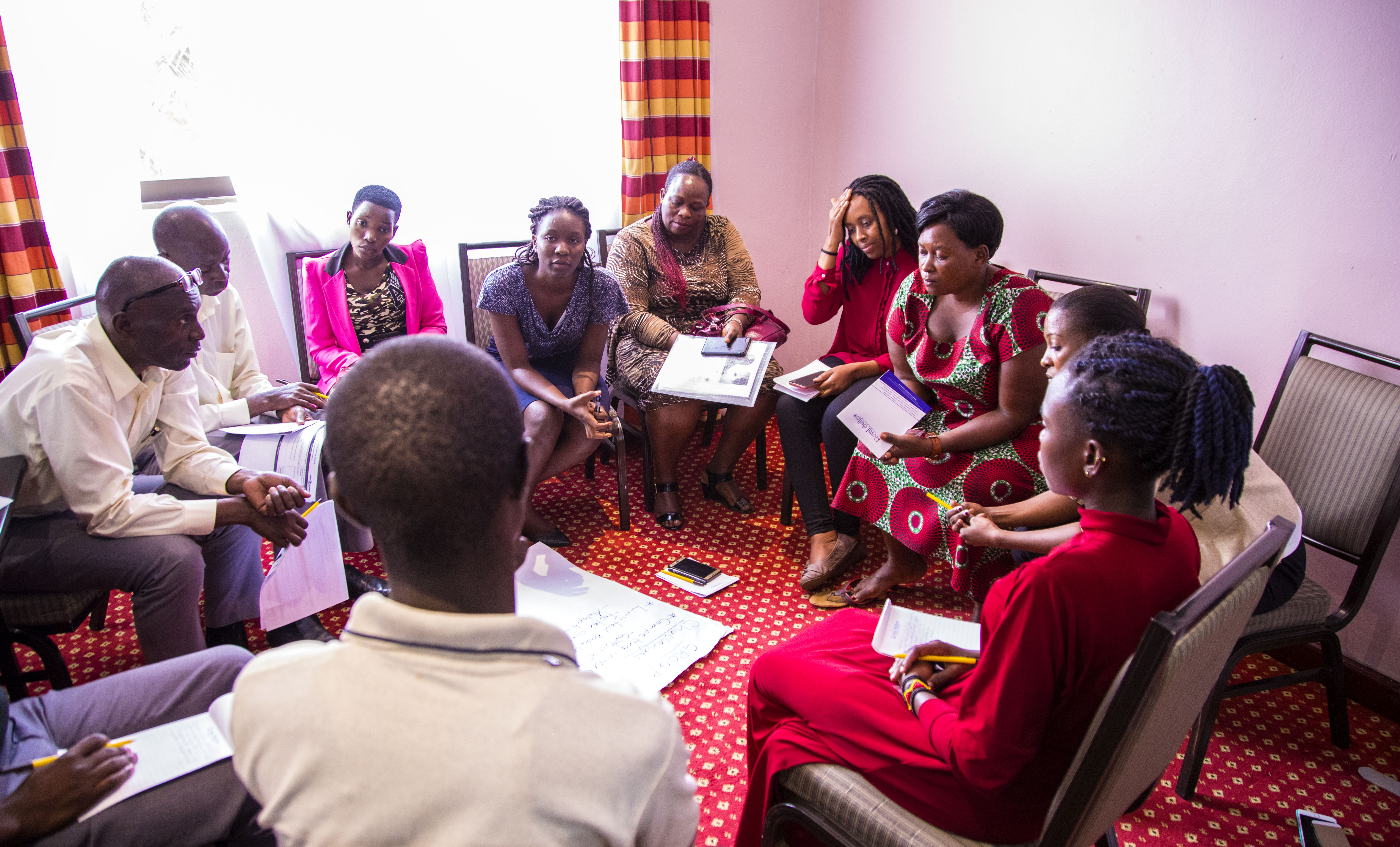In Uganda, the media continues to shape the agenda and change public perceptions in the country. However, in matters of children rights and protection, it sometimes portrays orphanages as a good solution without highlighting the harm they cause.With a view to change this narrative and encourage family based care, we invited top Ugandan journalists to discuss the importance of children growing up in families rather than orphanages. Invited to speak and share their experiences on the alternative care were Harriet- a foster carer , Joel- a care leaver and Kristian the chairman Adoptive Families Association, to help the journalists understand what alternative care is and its benefits.
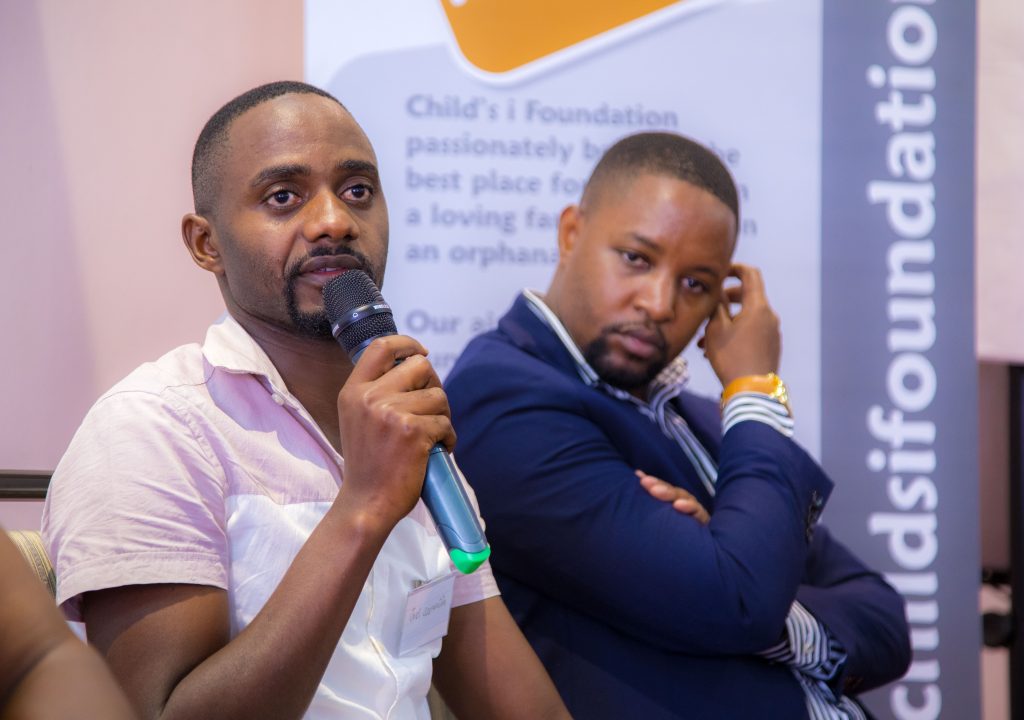
Harriet has worked with and cared for children for nine years now. She was one of the original foster carers at Malaika Babies’ home. After the successful closure of the babies’ home, Harriet was keen to continue working with children and she decided to become a foster carer and soon was trained .Since her training back in 2014, Harriet has cared for 5 children in her home. 2 of these children have been adopted into their forever families while one has been reunited with their family. and she decided to become a foster carer and soon was trained . Harriet shared that she has seen the children placed in her care develop faster than when they are in an orphanage. “The children grow up faster and more confident,” she said.
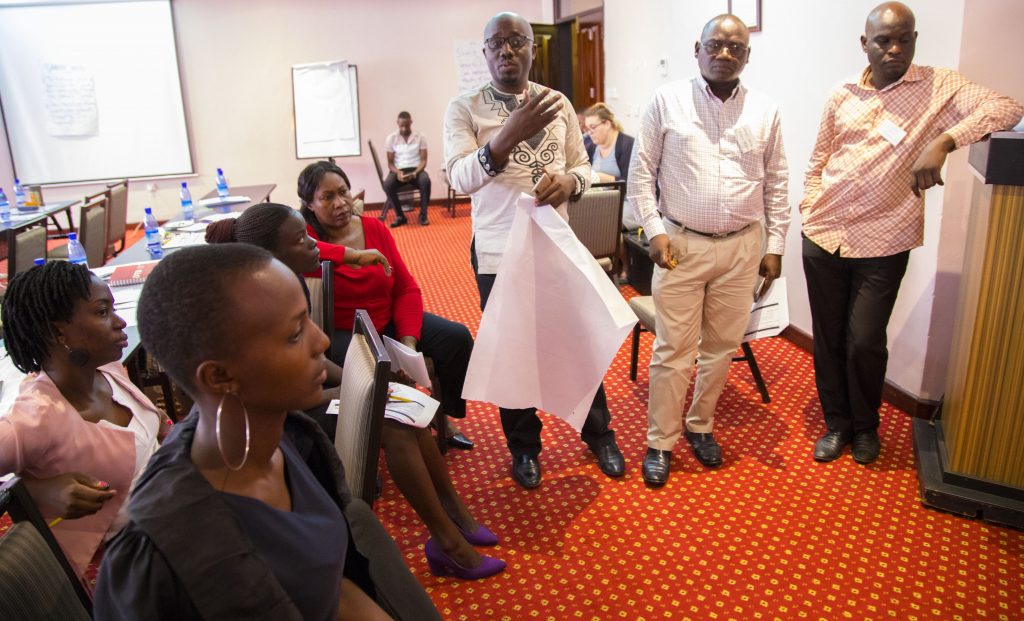
Most journalists noted that they had no idea what alternative care is. “When I came here, I did not understand issues surrounding protection of children, adoption or foster care,” said Juma Sseyid a journalist with Rock Mambo Radio. After the workshop, when asked what he had learnt, he was quick to say the discussions had armed him with tools to use to promote alternative care.“My radio station will undertake an initiative to promote adoption and alternative care in Tororo region” he added.Tororo is one of districts where we are currently working to transform from dependence on orphanages to family based care.Lydia Ejon a journalist from Radio Lira also shared that the discussions were an eye opener for her. “I have been inspired to make a positive change,” she said.
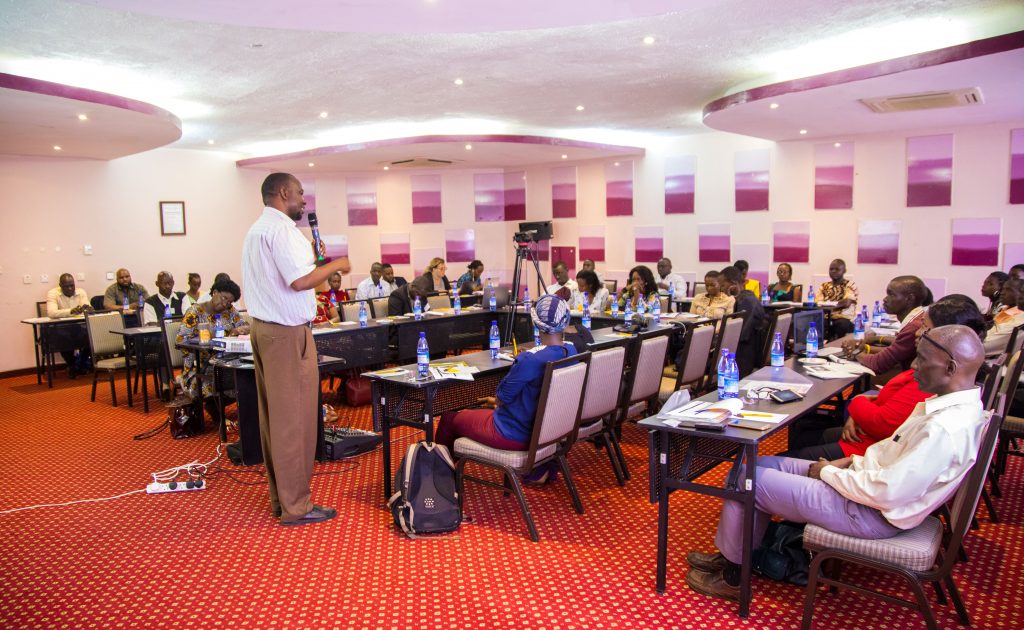
One of the policies under the Ministry of Gender, Labour and Social Development is ensuring that children in Uganda grow up in families.“We encourage that instead of children being placed in residential care facilities, we want to see them going to relatives, the uncles, the sisters, the brothers and the grandparents,” said Butanda at the engagement. “To us a family is a better place for children,”
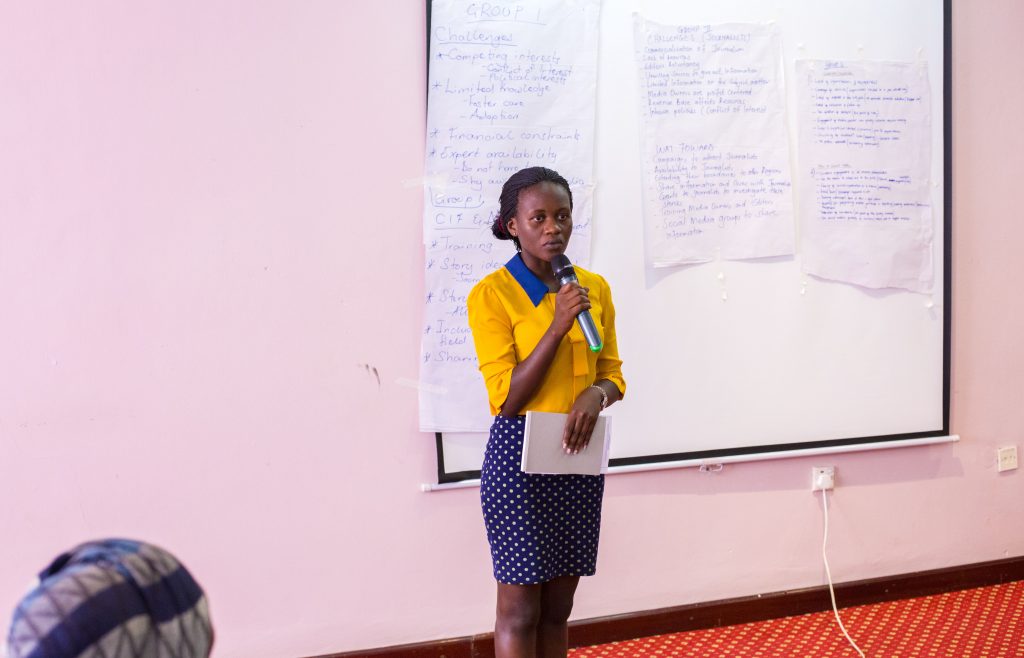
Changing hearts and minds is key to our work. Our work with the Government of Uganda is to help implement the Alternative Care Framework and help others embrace family-based care. We work with Government, donors, orphanages, and families to imagine a Uganda where every child grows up in a safe and loving family. We aim to work with the media , to inform and equip the media with the necessary information and resources needed to report on alternative care . We are happy that the Ugandan media has joined us in this cause as evidenced by this story here.
